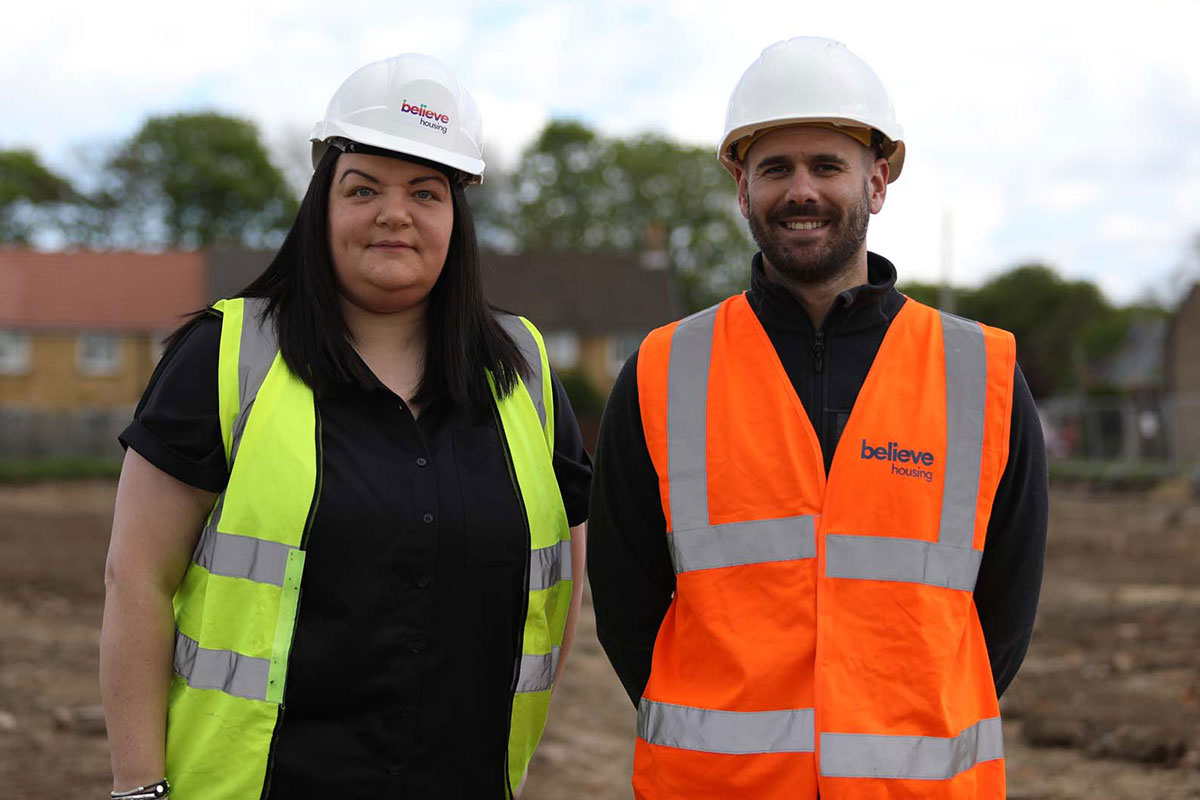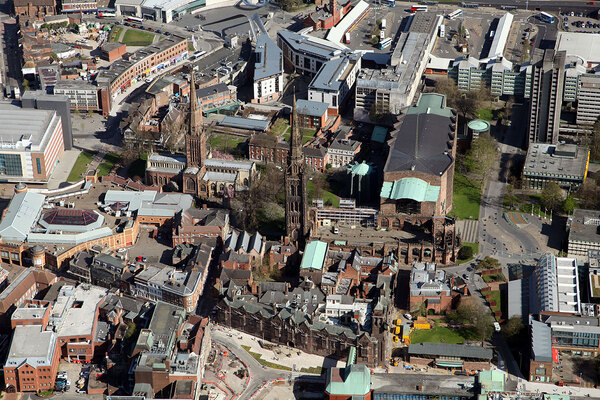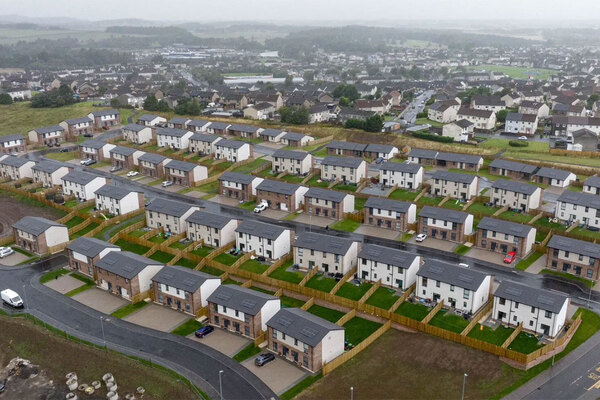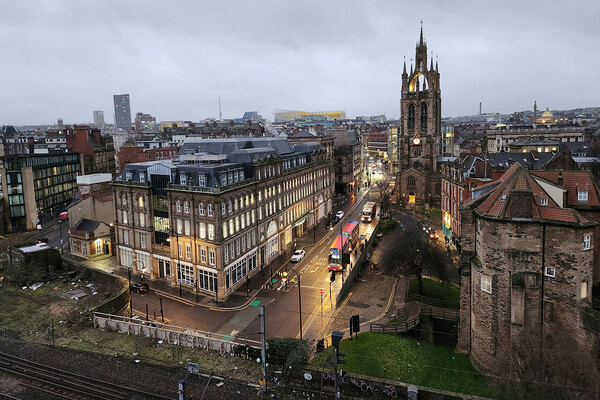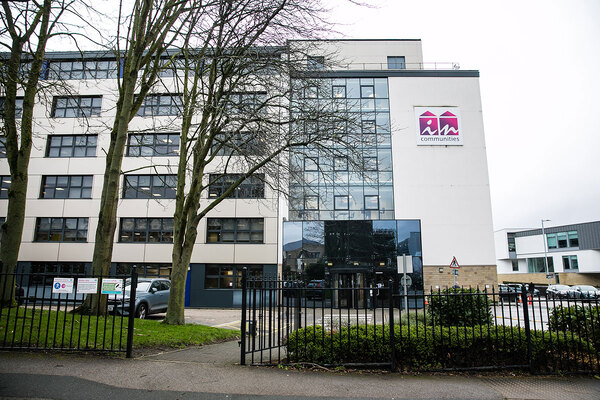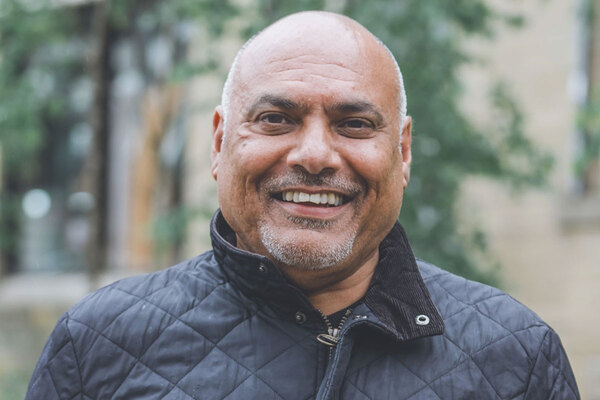You are viewing 1 of your 1 free articles
Housing association targets 80% carbon reduction on new builds by 2025
A North East housing association has committed to an 80% reduction in operational carbon on new homes by 2025 as part of its net zero strategy.
Believe Housing, which owns 18,000 homes in and around County Durham, is building all new homes without gas boilers – two years before the government target of 2025.
“Currently, we’ve been focusing on air-source heat pumps, but we’re open to any form of low-carbon heating,” said Mark Hopper, future homes manager at Believe.
New homes are also being built with improved building fabric, which surpasses interim 2021 Part L regulations, as well as electric vehicle charging points, photovoltaic (PV) panels and battery storage.
All homes will achieve an Energy Performance Certificate rating of A, Mr Hopper said.
The plans were adopted in February and build on a broader commitment to carbon reduction the landlord made in 2021.
Kate Abson, director of development at Believe, said the standards came with a “significant cost” to the business.
“We’re getting a little bit of pushback from contractors, to say ‘Perhaps you don’t need to do some of that stuff until 2025,’” she added.
The development standards are something that “not everybody is doing because of where construction costs have gone”. But, Ms Abson added, “we think that is the right thing to do”.
Contractors view the additional technology in the new homes as a risk and price it accordingly, explained Mr Hopper.
However, he said: “PV is not new. Air-source heat pumps aren’t new. It’s just new for an industry on a large scale.”
Believe has completed one scheme of 12 affordable homes to the new standards in Brandon, County Durham. Another site of 23 bungalows is underway near Bishop Auckland, which is due to be completed in spring 2024.
“Whether we get 1,250 homes [by 2025], which is what we originally set out to deliver, or it’s 1,100 homes or 1,000 homes… the board is very much on board, given our environmental pledges,” said Ms Abson.
Mr Hopper said his next focus was on reducing embodied carbon emissions, which Believe has committed to cut by 40% by 2025. This would be accomplished by substituting lower-carbon construction materials and working closely with contractors along the supply chain.
“What we want to do is future-proof our stock, so we then don’t have to go out and just retrofit it in 15 to 20 years’ time,” Mr Hopper stated.
Believe said it would review its new build standards every year. It is also exploring incorporating Passivhaus design and modern methods of construction into forthcoming schemes.
Sign up for our development and finance newsletter
Already have an account? Click here to manage your newsletters
